Horizontal comparison of global regulatory status: Is cryptocurrency perpetual contract trading gambling or financial derivatives?

Reprinted from panewslab
04/29/2025·15DIf you have been in the currency circle for a few years, trading perpetual futures is probably nothing new. High leverage, high risk and high return characteristics have become the focus of global investors. However, in mainland China, such transactions are currently classified as "gambling" by some judicial organs, which is linked to "the crime of opening a casino", causing widespread controversy. At the same time, globally, countries have shown a diversified regulatory framework for cryptocurrency contract transactions.
In the process of defending the exchange's perpetual contracts, Mankun criminal lawyer Deng Xiaoyu compared the regulatory picture of major countries and regions around the world. In this article, we will talk about the true face of perpetual contracts and the logic behind them to disassemble the "casino" disputes in mainland China - is it a financial innovation or an online casino? Let's talk about it.
Is a contract transaction a "online casino"?
In mainland China, some judicial decisions characterize cryptocurrency perpetual contract transactions as "gambling behavior." Specific reasons have been disclosed in the previous article "Why are virtual currency exchange contracts suspected of opening a casino?", and many judicial authorities believe that:
- The rise and fall of virtual currencies are characterized by irregularity, randomness and contingency.
- The exchange amplifies speculative risks through high leverage, which is highly risky.
And according to the current policy regulations, "virtual currency perpetual contract trading" is an illegal financial activity. Although the defense lawyer will propose that perpetual contract is an activity similar to futures contract trading, the court insists that this model is obviously different from futures trading - because there is no agreed delivery time, it is a perpetual contract, the trading time is 7x24 hours, an extremely high leverage multiple and there is no physical or cash delivery. The nature of the trading model of players through the exchange is no different from the gambling behavior of "betting the size, betting the winner and lose". Therefore, it can be considered as "the crime of opening a casino".
The judicial authorities mentioned the "current policy regulations" here mainly the "Notice on Further Preventing and Handling the Risk of Speculation in Virtual Currency Transactions" issued by the People's Bank of China and ten other departments in September 2021, which clearly stipulates that virtual currency-related business activities are illegal financial activities, including virtual currency derivative transactions. This provides a basis for judicial practice. But is it possible to beat complex perpetual contract transactions into a "casino" in one fell swoop? Let’s take a few questions about the placing:
1. The characterization of cryptocurrencies is somewhat vague
Mainland China has not yet formed a clear framework for the legal attributes of cryptocurrencies. Relevant regulations, such as the "Notice on Preventing Bitcoin Risks", the "Notice on Preventing Token Issuance and Financing Risks" and the 2021 Notice, only emphasize that virtual currencies do not have legal tender and monetary status, and prohibit them from circulation as currency, but is it a commodity? Securities? Or something else? There is no classification system yet.
In contrast, the international regulatory framework is more detailed. The US Commodity Futures Trading Commission (CFTC) has long designated Bitcoin and Ethereum as "commodities", and derivatives are controlled by futures; the EU's Crypto Asset Market Regulations (MiCA) is more direct, and crypto assets and derivatives are framed as financial products. This clear rule leaves room for innovation, and the ambiguity of mainland China may limit the development of the industry and be disconnected from global trends.
2. What is the difference between perpetual contracts and futures?
Perpetual contracts are derivatives unique to the cryptocurrency market, evolved from traditional futures and are highly functionally similar to traditional futures: both allow investors to predict asset price trends through leverage and settle the spread when they close or expire. It sounds tall and elegant, but it is actually the "encrypted version" of futures. Traditional futures allow players to use leverage to guess the price rise and fall, and perpetual contracts are similar, but there is too much adjustment to the trading time from the traditional T+1 to last (7x24).
Is high leverage gambling? This logic is untenable. In the financial market, leverage is actually a common occurrence. Perpetual contracts are moving traditional futures to the currency circle, not the routine of "buying and leaving" on the egg table. Thinking of him as a "gambling tool" may have ignored the financial logic behind it.
3. Is the price irregular?
Some views emphasize that the price of virtual currency "has irregularity, randomness and contingency" as the basis for gambling recognition. This view is significantly conflicting with global market analysis. But in fact, mainstream cryptocurrencies such as Bitcoin have long been no longer a one-man show in the currency circle, and their binding to the global financial market is getting deeper and deeper. Prices are driven by multiple factors, including macroeconomics, supply and demand relations, technological development and geopolitics.
In January last year, Nasdaq also issued a document "Understanding the Correlation between Bitcoin and the Nasdaq 100 Index", pointing out that the long-term correlation coefficient between Bitcoin and the Nasdaq Index is as high as 0.805, and the Federal Reserve's interest rate hikes, institutional buying of ETFs, and geopolitical turmoil can all affect the price of Bitcoin. Players need to rely on technical analysis, fundamental research and risk control strategies to make perpetual contracts, not blindly fooling around. To describe price fluctuations as "pure random", perhaps we do not see the maturity and complexity of the currency circle.
Global regulatory landscape: The "legal" path to crypto contracts
Mainland China's regulators believe that perpetual contracts are gambling, but other parts of the world do not think so. This is not only a matter of legal provisions, but also a logic of the underlying recognition of virtual assets.
The EU, the United States, Hong Kong, Dubai, Singapore and the United Kingdom have their own advantages in regulatory channels, but the consensus is: perpetual contracts are financial derivatives, not gambling methods. Whether it is legal or not depends on whether the rules are followed, rather than whether the leverage is high or whether the price fluctuates greatly.
EU: "Compliance Pass" for Financial Derivatives
The EU issued the Crypto Assets Market Regulations (MiCA) in 2023, which sets the tone for the issues discussed: perpetual contracts are "crypto asset derivatives" and are treated with derivatives of stocks and bonds, and are regulated by the Financial Instruments Market Directive (MiFID II). Want to play? You have to obtain a MiCA license, you have enough capital, control risks, and transparent transactions.
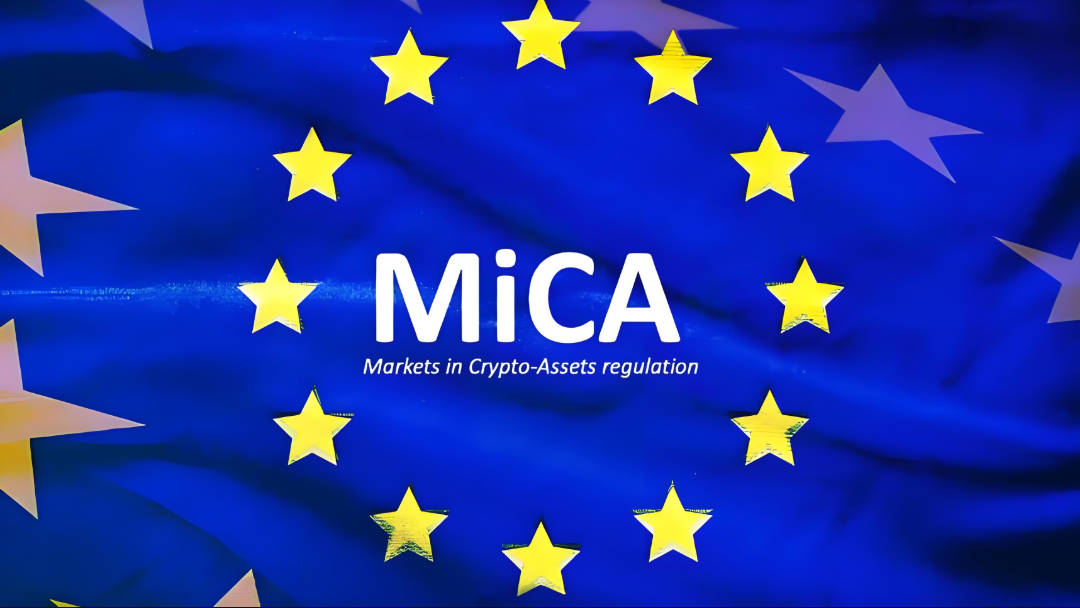

*Mica original text
Translated to say: “Some crypto assets, especially those that comply with financial instruments defined in the EU Parliament and Council Directive 2014/65/EU Directive, fall within the scope of the existing EU financial services legislation. Therefore, a complete set of EU rules already apply to issuers of such crypto assets and companies engaged in activities related to such crypto assets.”
MiCA clearly states that all crypto assets and related services that meet the definition of financial instruments in MiFID II are not subject to MiCA, but are subject to the "2014/65/EU Directive", which is the "Financial Instrument Market Directive" (MiFID II), which defines financial instruments. The EU regulatory framework treats cryptocurrency derivatives (as long as they are recognized as financial instruments) as the traditional derivatives.
It looks complicated and it is actually very clear. To put it bluntly, the EU did not consider it "gambling" because of its high leverage in perpetual contracts, but instead sent it an ID card of "financial instruments". This set of rules encourages innovation without letting go, and is a textbook-like balance.
United States: separate management, each performs its duties
The United States has a clear attitude towards perpetual contracts: it is a derivative, no different from futures and swaps. Bitcoin and Ethereum are recognized as "commodities" by the CFTC. Their perpetual contracts are under the control of the CFTC and are subject to the "Commodity Trading Law"; if they involve "securities"-type crypto assets, they are under the control of the SEC.
- Commodity Futures Trading Commission (CFTC): Responsible for supervising derivatives of cryptocurrencies identified as "commodity" (commodity). If a perpetual contract is based on these assets, it is considered a commodity derivative and has no essential difference from traditional futures options. It is usually considered a "swap" or "futures" and is subject to the Commodity Exchange Act (CEA).
- Securities and Exchange Commission (SEC): If a cryptocurrency is recognized as a "security", its derivatives (such as perpetual contracts based on the asset) are regulated by the SEC and are subject to the Securities Act and the Securities Exchange Act.
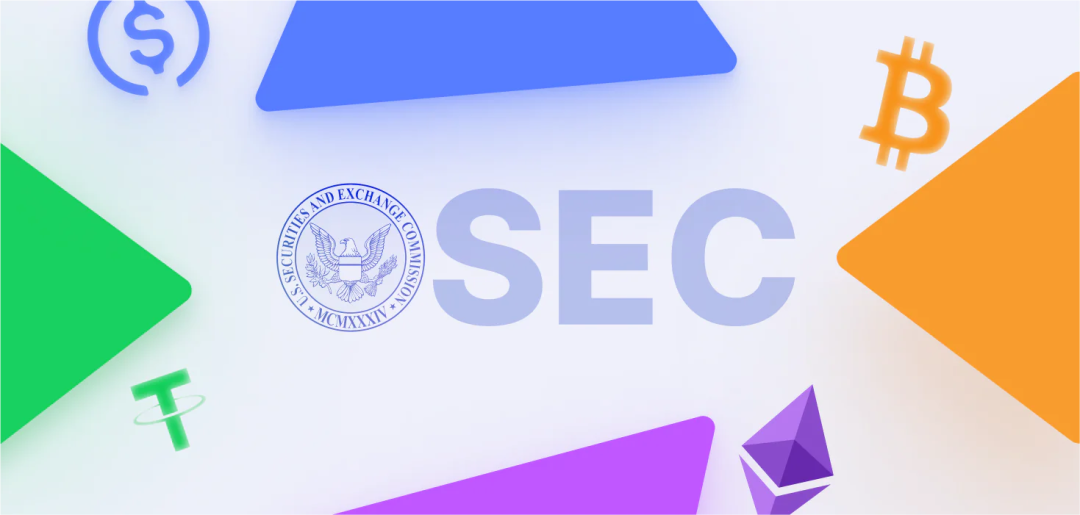
In 2021, CFTC had a fine of US$100 million on BitMEX because the platform provided US users with high leverage perpetual contracts without registration. The CFTC law enforcement tycoon made it clear in the case, "... the registration requirements and core consumer protections Congress established for our traditional derivatives market apply equally in the growing digital asset market." This is a resounding statement, indicating that no one in the United States dares to deny the financial attributes of perpetual contracts.
Dubai: Two-handed approach to innovation and compliance
The Securities and Commodity Regulatory Authority (SCA) regulates virtual assets with reference to securities
SCA is the basis of regulatory framework for UAE's investment crypto asset activities. SCA defines virtual assets as value performance for investment purposes and can be used for digital transactions, and does not include fiat currencies, securities and other digital currencies.
In recent years, SCA has gradually revised and improved its regulatory boundaries. In November 2020, it issued the "Virtual Asset Activities Regulations" at the federal level, involving initial token issuance (ICO), exchanges, platform markets, custodial services and derivatives services. Its main regulatory requirements include:
- Virtual Assets Business Providers must be incorporated in the UAE or in the Financial Free Zone;
- Virtual Asset Service Providers must obtain the SCA's approval license.
Dubai Virtual Assets Regulatory Authority (VARA)
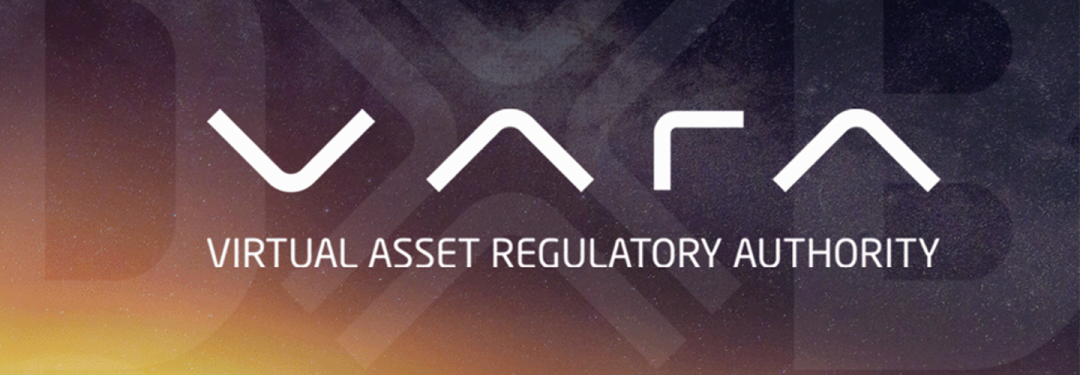
Dubai’s Virtual Assets Regulation (VARA) issued the Virtual Assets and Related Activities Regulations in 2023, directly managing perpetual contracts as "virtual asset derivatives" in the same way as foreign exchange and stock derivatives. Want to play? You must obtain a VARA exchange license, and risk disclosure and investor protection must be avoided.
- Perpetual contracts are classified as virtual asset derivatives, similar to foreign exchange and stock derivatives in traditional financial markets.
- Trading requires a VASP license for VARA exchange services, which includes VA derivatives.
For example, Deribit's entity in Dubai obtained a VARA trading service license last year, covering spot and derivatives. Dubai's gameplay is very good at balancing: it welcomes innovation and does not allow the market to become a "wild growth" amusement park.

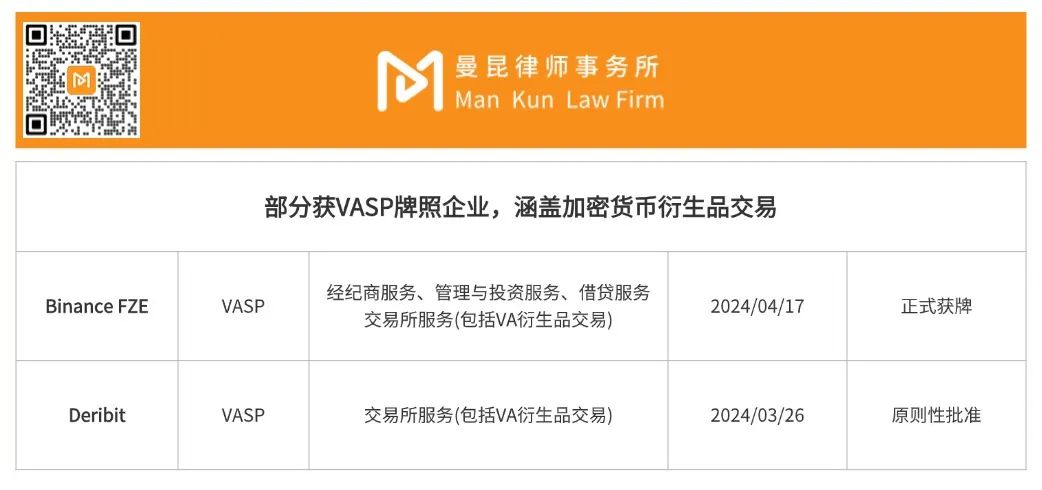
Singapore: Strict access
Singapore is open to cryptocurrencies, but the rules are strict. The Financial Administration (MAS) divides cryptocurrencies into practical, securities, and payment tokens, and perpetual contracts are managed by the "licensed exchange". The margin for cryptocurrency derivatives on licensed exchanges is strictly regulated. If you want to conduct contract trading, you need to become a financial exchange approved by MAS to operate cryptocurrency derivatives and apply for DPT operating rights.
Currently, it can be found on the official website of MAS that there are only 4 licensed exchanges in Singapore, including the Singapore Exchange Derivates Market (SGX Derivates), the Asia Pacific Exchange (APEX), the Intercontinental Exchange Futures Market (ICE Futures), etc. Only they can operate cryptocurrency derivatives. Strict access to ensure market order and investor protection.
Interestingly, traditional exchanges in Singapore have begun to test the waters of encrypted perpetual futures for institutions and professional investors. What does this mean? In Singapore's eyes, perpetual contracts are also genuine financial derivatives, not speculative toys. This also marks that traditional exchanges are accelerating their layout in the digital asset field to meet the growing demand for institutional investors' exposure to cryptocurrency.
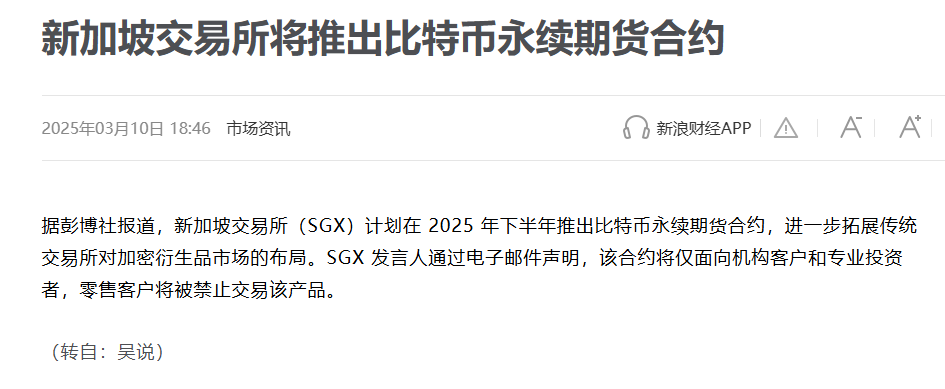
UK: Retail investors stop, big shots are at will
Let's take a look at the UK again. The UK Financial Conduct Authority (FCA) has banned retail investors from touching crypto derivatives, including perpetual contracts, from 2021, but it has opened the door to professional investors. FCA calls it a "high-risk financial instrument" and requires exchange registration and compliance operations. We can see that in the UK, where management is stricter, perpetual contracts will also be financial derivatives. Whether they are legal or not depends on whether you are a "qualified player", and the tool itself is not a "gambling".

Hong Kong: Test derivatives, run quickly with small steps
Hong Kong began to launch the "Virtual Asset Trading Platform License System" in June 2023, and immediately allowed retail investors to invest in cryptocurrencies, but derivatives are still waiting and watching. According to the latest media news, Leung Han-kyung, head of finance and financial technology at the Hong Kong Investment and Promotion Agency, said in an interview that although Hong Kong only opens spot trading at present, the government has begun to study the supervision of derivatives business. The COO of the exchange HashKey has also said: Once the policy is relaxed, you must apply for a license.
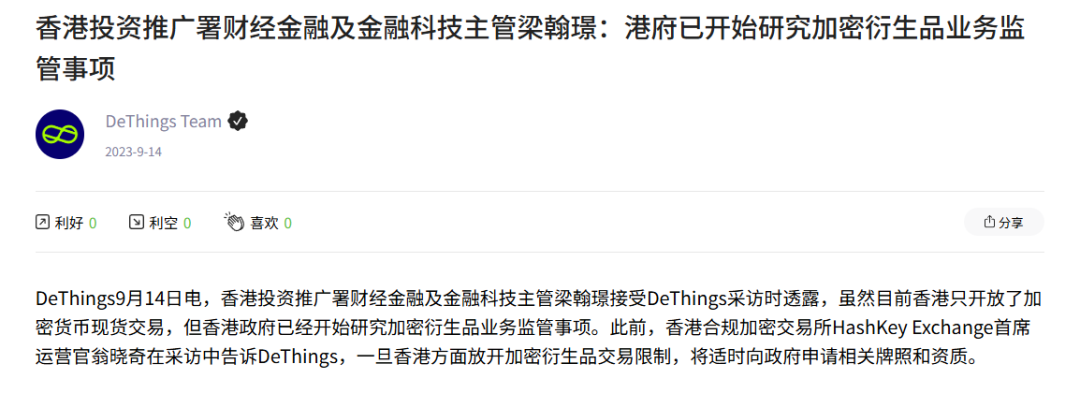
Hong Kong's tricks are very clever: first manage the spot stock, then slowly test the derivatives, neither making any rash nor falling behind. The future of perpetual contracts in Hong Kong is probably also the positioning of financial instruments and will not be considered "gambling".
Summary of Lawyer Mankun
We can see that the global regulation style is generally consistent: perpetual contracts are financial derivatives, the same family as futures and options. The EU has issued it a "compliance pass", the United States has packaged traditional derivatives rules, Hong Kong, Dubai and Singapore have encouraged innovation while tightening the reins, and the United Kingdom has managed the market in a layered manner according to the investor level, using licenses, risk warnings and leverage restrictions to control the market in an orderly manner.
The style of painting in mainland China is different. Some courts have determined that perpetual contracts are "gambling", or many of them have overlooked their financial attributes. To say that prices are "irregular" is also biased from global market data - the price of Bitcoin has long been linked to the policies of the Nasdaq and the Federal Reserve. This one-size-fits-all regulation may make financial technology less vibrant in China, and is slightly conservative compared to the global innovation trend.
Mankun Criminal Lawyer wrote this article, on the one hand, calling on all parties to refer to global experience and consider Hong Kong policy trends to re-examine the consent of perpetual contracts, such as learning the stratified supervision of the EU MiCA and treating perpetual contracts as financial instruments; or referring to the US CFTC's commodity derivatives model, setting a leverage ceiling and protecting investors. On the other hand, we also hope to make the name of perpetual contracts clear. We believe that it is indeed not necessary to conduct exchanges (perpetual contracts) under strict supervision in the mainland, but essentially, the problem of no license can be evaluated as the crime of illegal business operations. On the other hand, if a perpetual contract is considered gambling, then tens of thousands of contract transactions will already require administrative penalties for participating in gambling, which is obviously not conducive to social governance.

